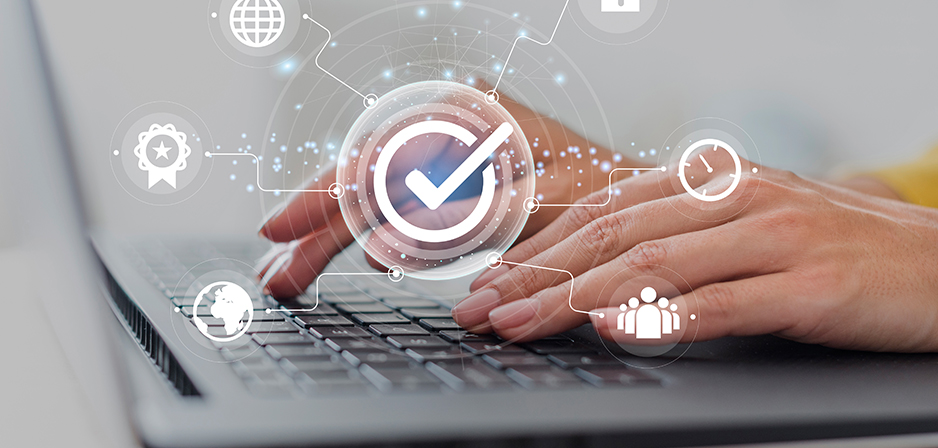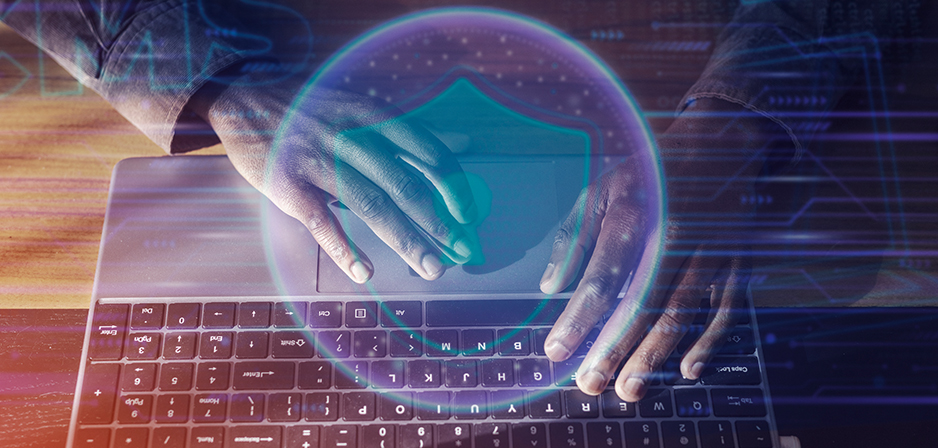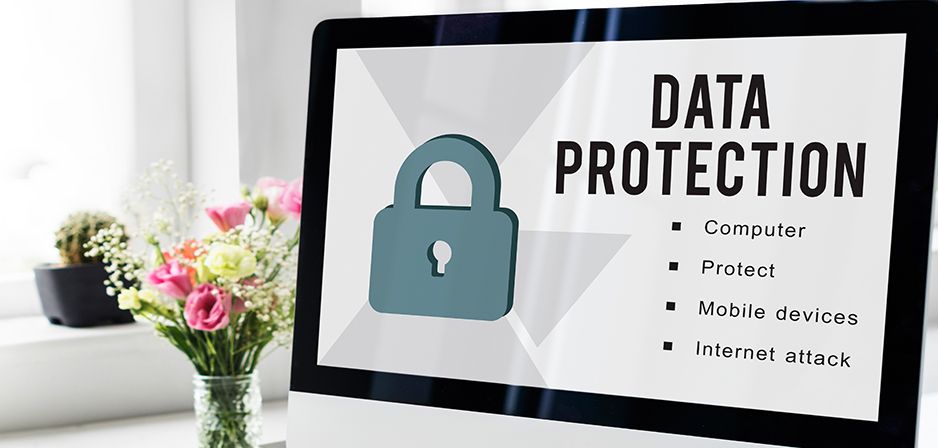
Since information is power and connectivity is essential, protecting our digital assets is important. The increasing degree of sophistication and complexity of cyber attacks has made computer security a major issue for both consumers and corporations. The hazards are increasing every day, ranging from massive cyberattacks on governments and organisations to compromises of personal data.
Computer security comprises a wide range of approaches designed to protect data, networks, and computer systems against unauthorised access, modification, or damage. It comprises several levels of defence, including user authentication, data encryption, network security, and physical security. Since the introduction of the Internet of Things (IoT) and the growing number of connected devices, the attack surface has expanded substantially, requiring the application of serious safety procedures.

Network security and unified threat management (UTM) devices
Network security, which focuses on preserving the integrity, confidentiality, and availability of data transferred over a network, is an essential part of computer security. In this context, Unified Threat Management (UTM) devices play an important role in protecting against numerous cyberthreats. These multifunctional devices incorporate numerous safeguards into a single platform, such as content filtering, firewalling, intrusion detection and prevention, antivirus, and virtual private network (VPN) capabilities.
With the thorough approach to network security that UTM devices offer, businesses may simplify their defences and lower the danger of cyberattacks. Thanks to real-time monitoring and enhanced threat intelligence, these devices can detect and prevent harmful activity before it causes damage. Additionally, they provide centralised reporting and management features, giving administrators access into and authority over their network security posture.

The evolving threat
It is a must to remain up-to-date as cyber threats continue to grow in complexity and scope. Hackers use a number of tactics, including ransomware, phishing, malware, and zero-day flaws, to sneak into systems that are susceptible and steal sensitive information. Moreover, new attack vectors have been added by the proliferation of connected devices in the Internet of Things environment, adding to the extent of the security.
To fight these threats, companies must adopt a proactive approach to cybersecurity, embracing technologies such as artificial intelligence (AI), machine learning (ML), and behavioural analytics. These tools boost security teams to detect anomalies, identify patterns of malicious behaviour, and respond swiftly to emerging threats. Moreover, they enhance the efficacy of traditional security measures by augmenting human capabilities with the speed and precision of automated algorithms.
Ensuring compliance and resilience
Organisations across various industries are subject to regulatory mandates such as the General Data Protection Regulation (GDPR), the Health Insurance Portability and Accountability Act (HIPAA), and the Payment Card Industry Data Security Standard (PCI DSS), among others. Failure to comply with these regulations can result in severe penalties, financial repercussions, and reputational damage.
In addition to regulatory compliance, building resilience is necessary to withstand the impact of cyber-attacks and data breaches. This includes implementing strong and fast incident response plans, conducting regular security assessments and audits, and investing in cybersecurity awareness training for employees. By adapting a culture of security awareness and preparedness, companies can lessen the potential fallout of cyber incidents and expedite the recovery process.
AMT Electronics is leading the charge in computer security
With a proven track record of delivering the best solutions tailored to the changing needs of its clientele, AMT Electronics is synonymous with reliability, performance, and peace of mind. From network security UTM devices to advanced surveillance technologies, AMT Electronics offers a comprehensive suite of products and services to safeguard your digital assets against emerging threats.
FAQs
How can I improve my computer security?
You can improve your computer security by using strong, unique passwords, keeping your software and operating system updated, installing antivirus and antimalware software, being cautious of suspicious emails and links, encrypting sensitive data, and implementing firewalls and network security measures.
What should I do if my computer is infected with malware?
You should immediately disconnect it from the internet to prevent further spread, run a full scan with reputable antivirus software, and follow any instructions provided by the software to remove the malware. You may also need to restore your system from a backup or seek professional assistance.
How can I protect my personal information online?
You should avoid sharing sensitive information on public websites or social media platforms, use secure and encrypted connections (HTTPS) when accessing websites, enable two-factor authentication for online accounts, and regularly review privacy settings and permissions granted to apps and services. Additionally, be cautious of phishing attempts and only provide personal information to trusted sources.


